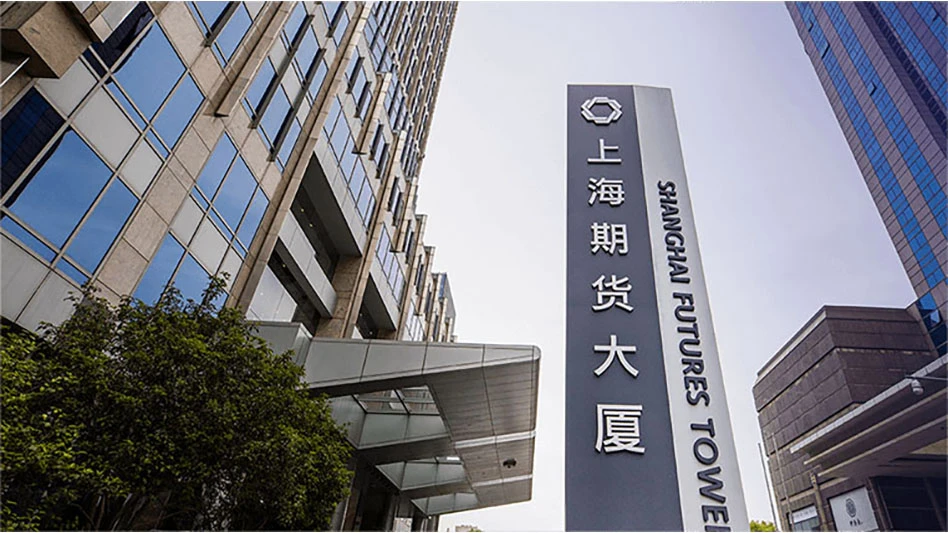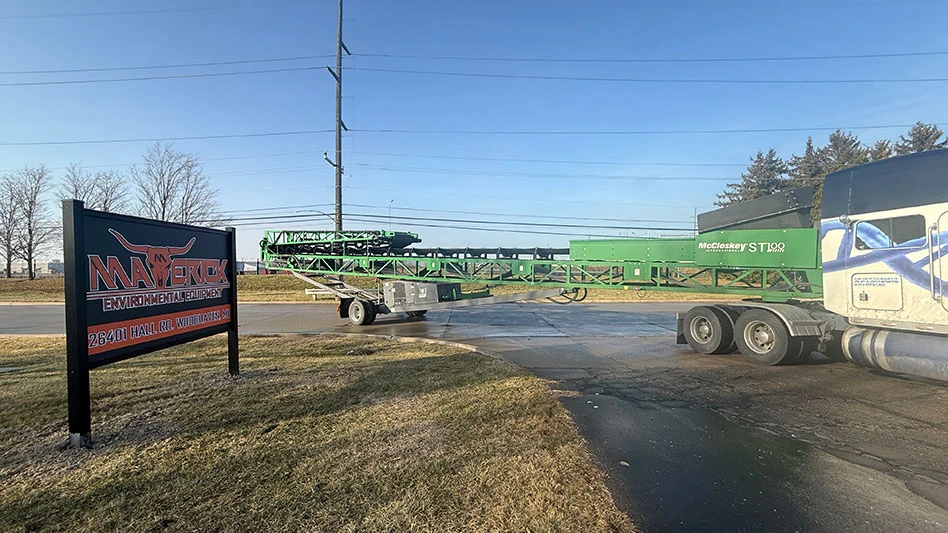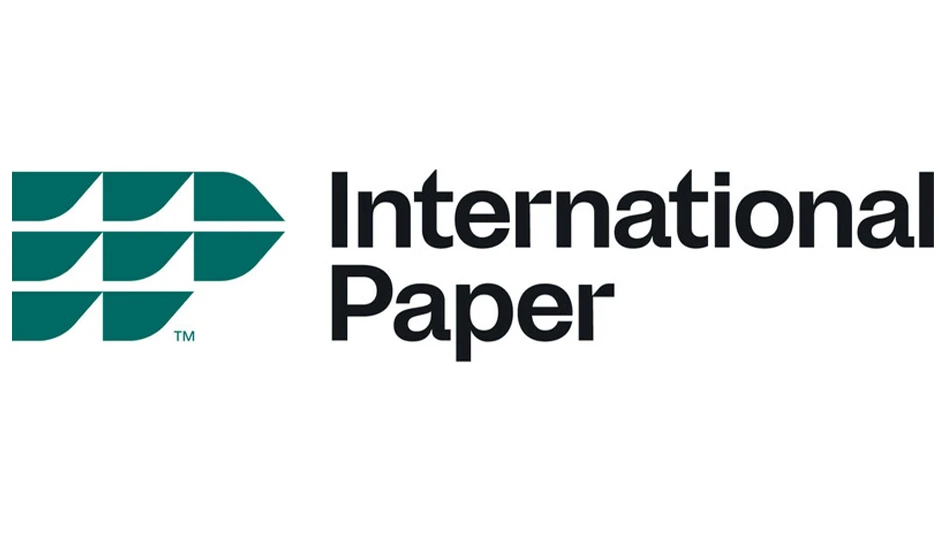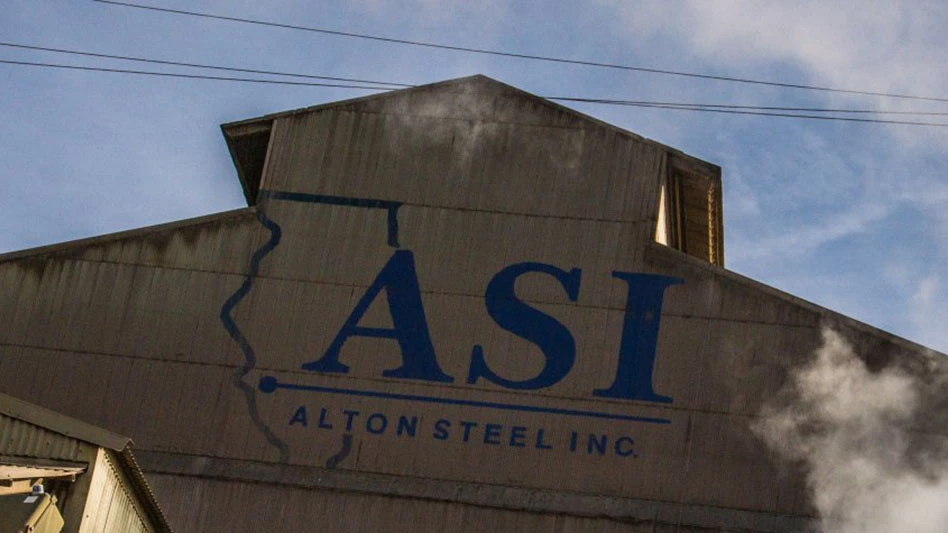Joint Working Group on ship scrapping established by International Maritime Organization, the International Labor Organization and the Parties to the Basel Convention on the Control of Transboundary Movements of Hazardous Wastes and their Disposal concluded its first meeting last month.
The task for the three organizations was to act as a platform for consultation, coordination and cooperation in relation to their work programs and activities with regard to issues related to ship scrapping.
The group’s goal is to promote a coordinated approach to the relevant aspects of ship scrapping with the aim of avoiding duplication of work and overlapping of roles, responsibilities and competencies between the three organizations, and identifying further needs.
During the meeting, the Group considered the respective work programs of the pertinent bodies of ILO, IMO and the Parties to the Basel Convention on the issue of ship scrapping and developed a list of the main items that are being considered by the three organizations concurrently.
This includes the possible development of mandatory requirements, a reporting system for ships destined for recycling, the development of a “single list” of potentially hazardous materials on board, the issue of the abandonment of ships on land or in port, the promotion of the implementation of the guidelines on ship scrapping and technical cooperation.
For each item identified, a list of work program activities being carried out or planned by each of the organizations was developed, and a number of recommendations were proposed to be taken into account by the three organizations, as appropriate, during their future deliberations on these work items.
Specifically, the Group agreed that the three organizations should ensure that the issue of “abandonment of ships on land or in ports” would be adequately covered by an international legally binding instrument, as deemed appropriate.
With a view to identifying any possible gaps, overlaps, or ambiguities, the group began a comprehensive initial examination of the relevant IMO, ILO and BC guidelines on ship scrapping based on a comparison of the issues presented in each of the guidelines in the form of a matrix, and a draft overview paper outlining the purpose of each of the guidelines, their respective field of application and main contents. However, it was recognized that this was a large undertaking that was unlikely to be completed at this initial meeting. The Group agreed that intersessional work and further work at the second session would be needed.
The group agreed that each organization should consider the translation of its guidelines into the working languages of the main ship scrapping States, and that each should also ensure that a user-friendly web page is established, providing information on ship scrapping matters and a link to the other two organizations’ relevant web-pages and guidelines. It also agreed to invite the ship scrapping States to make point-of-contact details for the competent authorities responsible for issues related to ship scrapping publicly available, and to invite Governments and all involved stakeholders to provide information to the three organizations on any experience gained in the implementation of the guidelines.
The implementation of the guidelines should be also promoted, it was agreed, through joint technical co-operation activities and the Group agreed to invite Governments and other stakeholders to provide information to the three organizations on any technical co-operation activities or other relevant initiatives already launched or planned so that these activities could be taken into account in the future technical co-operation programs of the organizations. Each organization should be asked to invite the other two to participate in any workshops or seminars they organize, and that a section providing information on the guidelines of the other two organizations be included in the program of any such activities. It was agreed that the three organizations should be asked to consider a global technical cooperation program on ship scrapping.
In considering the issue of the establishment of a ship recycling fund, the group was of the opinion that all efforts should be focused on the further consideration by IMO of the proposal which had been agreed in principle by MEPC 52 for the establishment of an International Ship Recycling Fund to promote the safe and environmentally-sound management of ship recycling through IMO’s technical co-operation activities.
During the meeting, a general discussion took place on issues such as the possible roles of flag States, port States, recycling States and any other concerned States, in the context of ship scrapping, as well as on possible reporting systems for ships destined for scrapping, but it was agreed that more substantive discussions would require the prior submission of documents and written proposals for consideration by the Joint Working Group.
The Group also agreed that any regulatory measures proposed should aim at the development of a realistic, well-balanced and effective solution to the problems of ship recycling and which at the same time should take into account the need for sustainable ship breaking, and that it should be recommended that ship scrapping countries submit to the three organizations, as appropriate, any available information on their ship scrapping activities.
Latest from Recycling Today
- Stadler equips Spanish MRF
- SSAB finishes 2025 with decreased revenue
- Vecoplan appoints CFO
- Aurubis raises full-year forecast
- Levitated Metals adds LIBS sorting technology
- Redwood Materials closes on $425M in Series E financing
- Updated: Wieland Chase expands northwest Ohio facility
- Recovered paper traders report lukewarm market





